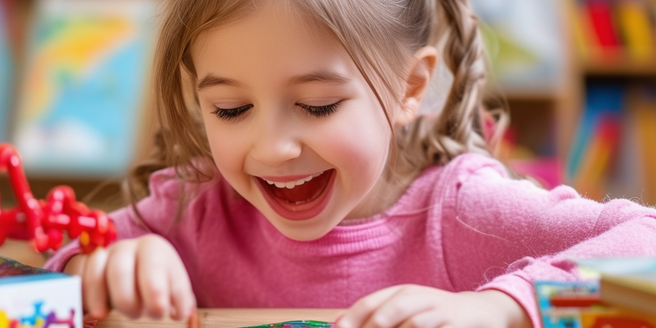
Benefits of Educational Prizes in Kids Games
Educational prizes in kids’ games can significantly boost their learning and motivation. When children know they are working towards a meaningful reward, they are more inclined to engage and put forth their best effort. Incorporating rewards into educational activities can make even challenging tasks more enjoyable. By integrating a system of rewards, educators can tailor the experience to meet the unique needs of each student. Prizes that enrich their understanding, such as books or science kits, not only reinforce the material but also add excitement to the learning process. Moreover, these prizes can help children develop a growth mindset by acknowledging their achievements and encouraging persistence. Educational prizes turn learning into a fun and memorable experience, promoting both cognitive and emotional development.
Top Educational Games to Play at Home
Engaging children in educational games at home can be both entertaining and beneficial for their development. Games like ‘Scrabble’ and ‘Boggle’ enhance vocabulary and spelling skills, while ‘Monopoly’ and ‘Life’ teach math and financial literacy. Playing these games also provides an opportunity for family bonding and collaborative learning. Not only do they educate, but they also create lasting memories and family traditions. Additionally, ‘Twister’ can help develop physical coordination and flexibility. ‘Simon Says’ and ‘Memory’ games improve concentration and cognitive abilities. Online interactive games like ‘ABCmouse’ and ‘Khan Academy Kids’ offer a wide range of educational activities covering subjects from math to reading. Incorporating educational games into daily routines ensures continuous learning outside the classroom, making education a seamless part of everyday life.
How to Select Age-Appropriate Educational Prizes
Selecting age-appropriate educational prizes is crucial to maximize their effectiveness. For younger children, choose items that are engaging and simple, like colorful picture books, puzzles, or basic science kits. Introducing interactive learning tools can spark curiosity and joy in young minds. Additionally, these tools can help build foundational skills that are essential for future learning. For older kids, consider more challenging yet interesting options such as advanced STEM kits, strategy games, or art supplies that promote creativity. Always consider the child’s interests and academic level to ensure the prize is both motivating and educational. Age-appropriate prizes ensure that the child is neither overwhelmed nor under-challenged, thereby fostering a genuine interest in learning.
DIY Educational Prizes: Fun and Affordable Ideas
Creating DIY educational prizes is a fantastic way to make learning both fun and cost-effective. Homemade science experiment kits, personalized storybooks, and craft projects can serve as excellent educational rewards. You can also design custom puzzles or flashcards tailored to a child’s learning level and interests. These projects can be particularly beneficial when designed to target specific areas a child needs to work on. One creative approach could be incorporating elements of gamification, turning educational tasks into exciting challenges. Another idea is to create ‘coupon books’ offering experiences such as a day of cooking together or a visit to a local museum. These DIY prizes not only educate but also create lasting memories and develop skills that store-bought prizes might not.
Success Stories: Impact of Educational Prizes on Kids
Numerous success stories highlight the profound impact of educational prizes on children’s development. For example, a study showed that children who received books as rewards exhibited improved reading skills and a greater love for literature. In another case, students who were awarded science kits were more likely to pursue STEM subjects in school, leading to better academic performance. Real-world applications demonstrate that these rewards not only foster academic excellence but also inspire creativity and critical thinking. Parents and educators have also noticed that the anticipation of earning such prizes makes children more motivated to engage with learning activities. The positive reinforcement provided by these prizes boosts children’s confidence and encourages a lifelong love of learning. These success stories underscore the value of integrating educational rewards into children’s activities.
